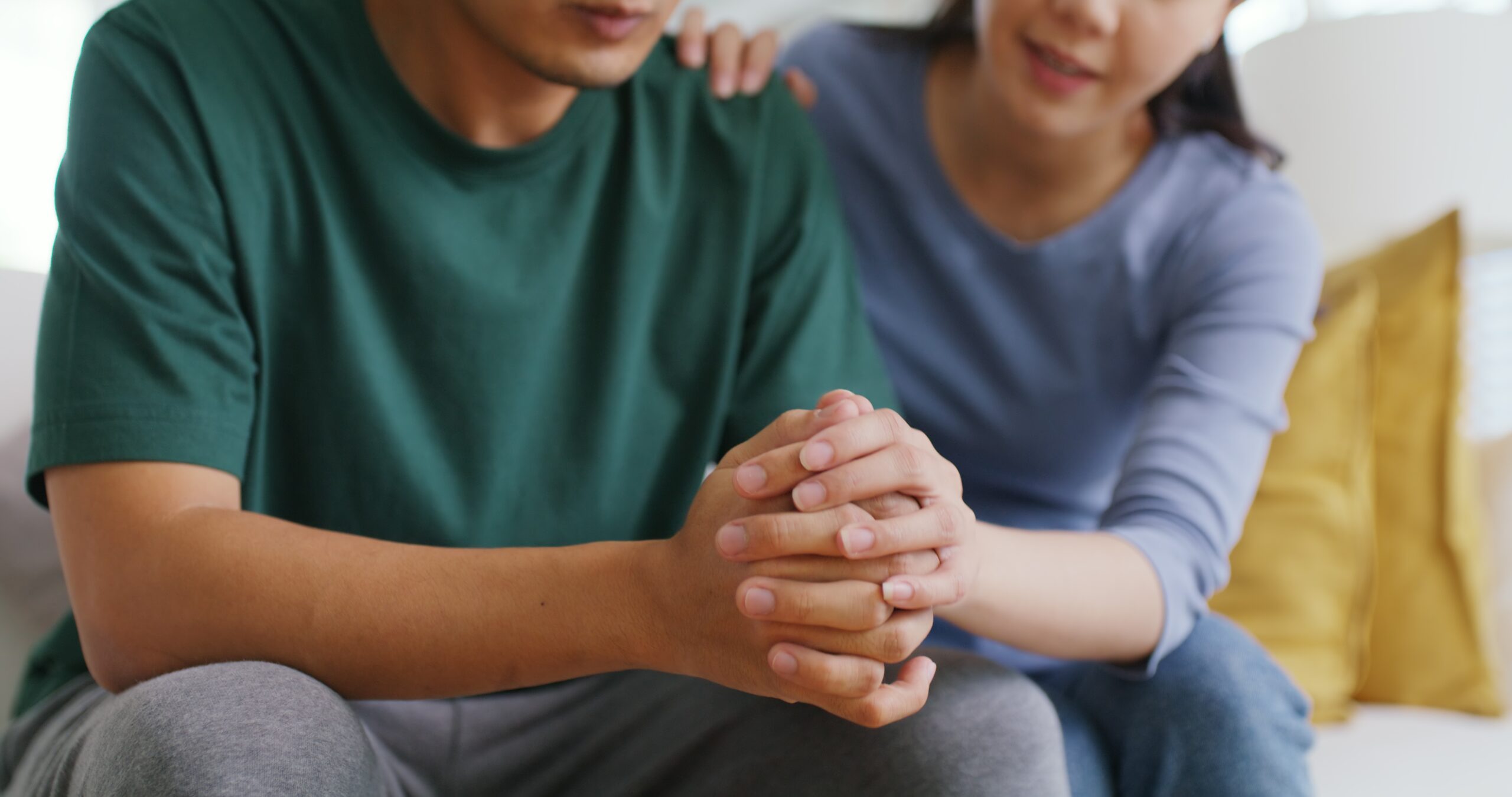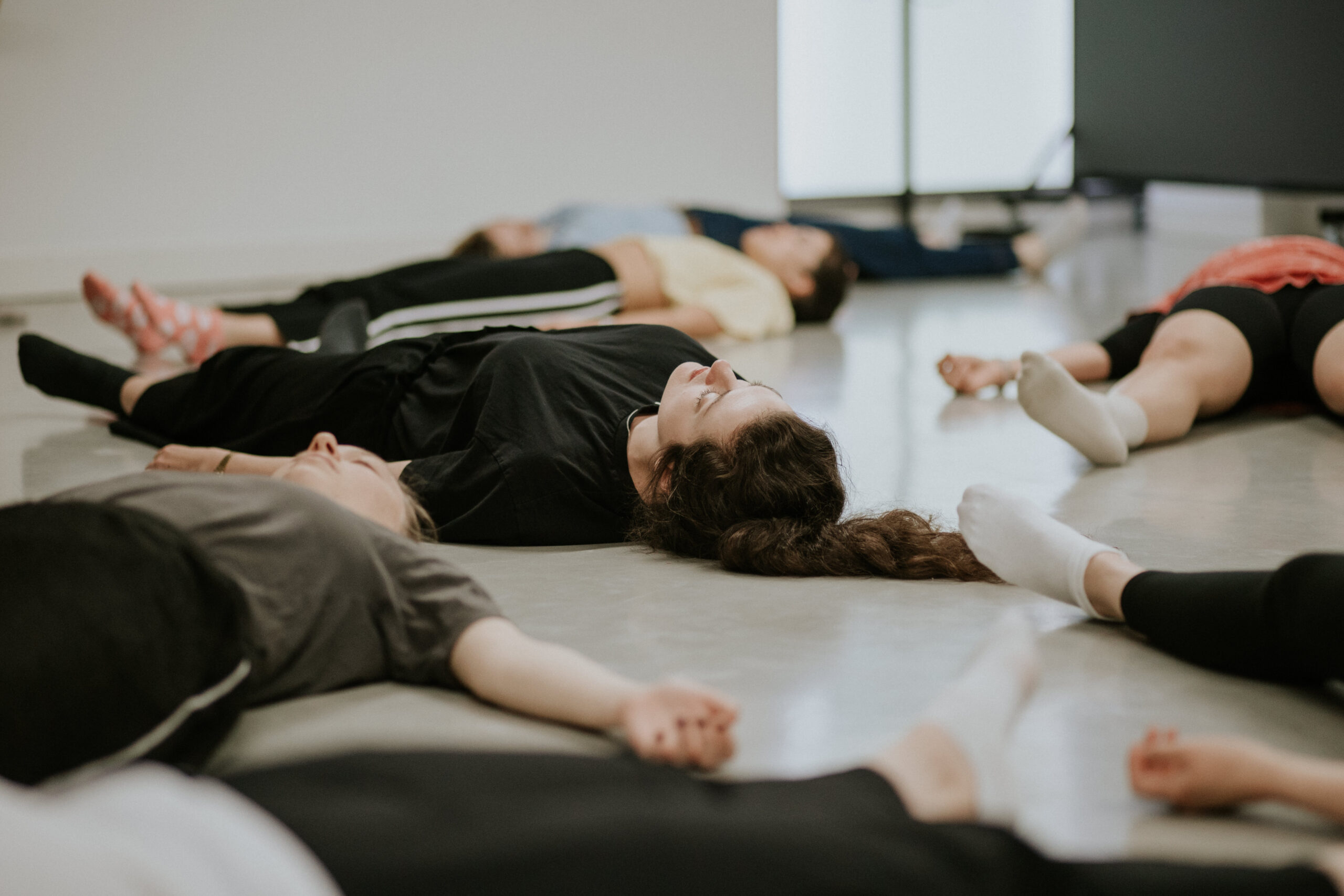A parent and coach gives her guide for parents in supporting their young performers.
Please note: If you are in need of mental health advice and support, please seek this out from a qualified professional.
This article is aimed specifically at parents of young people in the acting profession. Outlining practical tools to support their mental, emotional and physical wellbeing both now and in the future. We share some physical, mental and emotional tools for helping your child develop resilience in a tough industry.
Understanding Intentional Thinking and Negative Thoughts
80% of our daily thoughts are negative
The average person has about 12,000 to 60,000 thoughts per day. Of those, 80% are negative and 95% are exactly the same repetitive thoughts as the day before.
As human beings, our brains have a negative bias – originally for the purpose of keeping us alive as a species. This ancient system was useful for protecting us from being eaten by sabre-toothed tigers – but isn’t so helpful in the context of our modern-day lives. Our brains and bodies cannot discern the difference between a life-threatening attack and an important audition.
This negative bias provides a fertile breeding ground for negative thinking patterns to bloom. Young people in the acting profession are even more prone to experiencing negative thoughts – due to having to deal with rejection and judgement early in terms of auditions and performances.
Explain to your child that thoughts and feelings aren’t facts. They are events that have become habitual as a result of things that have been said and stories, they may have told themselves. Let’s call them self-limiting beliefs – you know the ones – “I’m so rubbish, stupid, awkward” etc.
There should be a class in schools called The Art of Intentional Thinking because this isn’t a skill we are born with. Choosing a positive thought over a negative one has to be developed.
Spending Time Explaining the Brain
In very simple terms our brain has two settings: auto-pilot thinking and intentional thinking. Self-limiting beliefs and thoughts love to hang out in our auto-pilot mode. The good news is you are in charge of your thoughts.
The first step to becoming an intentional thinker is learning how to identify self-defeating thoughts (often the ones which run through our minds when sad or feeling defeated).
Sit down with your child/teen and get specific about what those thoughts are for them – write them down. Perhaps the two of you together or even with the rest of the family. All write out a list of your self-defeating thoughts – it’s interesting and normalises these thoughts. Have fun with it!
Silencing the Inner Critic
Now you have helped the young person become aware of their negative go-to thoughts, encourage them to replace the negative and inaccurate suppositions with more positive and realistic ones. For instance, if they have the thought “I’m not surprised I didn’t get that part – I’m rubbish” try to replace this with, “I can see that maybe I didn’t get the part because I’m more of a character actor/not the right age/look etc”. Explain to them they have already ‘won’ because every time they audition/rehearse they are showing huge courage and getting out of their comfort zone – which means growth.
Understanding the Chemical Nature of Anxiety
It’s very reassuring when feeling any kind of worry or nervousness to realise that anxiety is a very physical reaction. Explain to your child that butterflies, dizziness, feeling angry, and wanting to burst into tears, all happen because the most ancient part of the brain (the amygdala) thinks you are in very real danger (see note on sabre-toothed tigers above!).
The amygdala surges the body with a cocktail of neurochemicals all designed to help you run away from danger. It doesn’t realise that you are simply about to have an audition/go in front of camera/on stage, etc. Physically, all the blood from your brain goes straight to your extremities (hands and feet, arms) in order for you to run away quickly to safety. It’s a natural reaction, but your young one isn’t actually in danger.
The other thing to explain to your young person about this is that your body and brain feel anxiety and excitement in exactly the same way. So next time you need to calm their nerves, encourage them to reframe their anxiety and point out that they are actually just excited – their body and brain don’t know the difference.
Try our meditation session to support young performers when they’re feeling nervous or worried about an audition or self-tape.
Learning the Art of Breathing
The best practical tool you can arm a young person with in order to stay calm and reduce anxiety in the audition room (and life generally) is to view their breath as an anchor – a friend who is always there for them no matter what the situation.
Whenever they are stressed, learning lines, preparing for an audition, or just generally feeling overwhelmed, teach them this very quick and easy breathing technique:
Suggest they say to themselves on the inhale “I inhale courage” and on the exhale “I exhale fear”.
- Close your eyes. Take a long deep inhale through your nose counting slowly in your head to 5
- Pause for a count of 3 at the top of the breath
- Exhale through your mouth whilst counting slowly to 7
Repeat until the nerves have subsided and follow with the following short meditation.
Movement and Meditation
I don’t like to focus on the worrying teen mental health statistics that we are constantly bombarded with – instead I like this more optimistic stat:
Participants who took part in a session that combined aerobic exercise with meditation for just 2 months, twice a week, reported a 40% drop in symptoms of depression.
(See more on that stat here)
Research shows that combining meditation with aerobic exercise in the same session decreases negative thinking and enhances self-worth. My trainers and I see this fact corroborated week after week in the young people we teach.
A ten-minute workout that includes just one minute of high-intensity activity is equivalent to a whole hour of moderate intensity exercise such as a run.
(See more on that stat here)
Brief bursts of intense exercise are remarkably effective in terms of cardiovascular and overall health benefits. As with most things in life, quality is better than quantity.
Emphasise that any kind of movement or fitness is for how it makes them feel not how it makes them look. Shine a light on the fact that they are fine just as they are.
The following short workout can be done for anything between two to 10 minutes depending on energy levels. Allow your young person to play some loud music and let off some steam. For optimum mental health benefits follow with the Easy Grounding Meditation (also below).
The Brain and Body Workout
- Body: Side-to-side lunges with an overarm reach. Brain: As you reach your arm over ask yourself: What am I reaching for? What do I need?
- Body: Star Jumps. Brain: Recognising you are made up of stardust (we all are!) – connect inwards to your inner shining star – your light, and give yourself permission to shine bright and bold (especially in auditions!).
- Body: Bum kicks (running on the spot, heels kicking the bum) Brain: Here’s your chance to kick the bum of any negative thoughts, worry, anxiety or overthinking.
- Body: Come into a deep wide-leg squat – engage your core and simply punch out alternate arms in front of your body, imagining resistance. Brain: This is your chance to let go, and release any anger, frustration, or feelings of being stuck.
Repeat exercises 1-4 for about 10 mins, depending on your needs.
The Easy Grounding Meditation
You don’t have to be a Buddhist monk to meditate. Meditation isn’t about having an absence of thoughts, but simply being aware of the thoughts you have and then gently bringing the attention back to the breath each time the mind wanders.
Before trying this next grounding meditation, remind your young person that their mind will wander – just as it’s the job of your heart to beat and lungs to breathe – it’s the duty of the mind to have thoughts.
Set a timer for five or 10 minutes. Sit in a chair or lie on a bed. Even do it with them if you like. This meditation can be done pretty much anytime, anywhere even in the waiting room before an audition to calm performance nerves.
- Sit comfortably in a chair and relax with your feet firmly on the ground
- Close your eyes
- Bring your attention to your breath – if it helps you focus then say to yourself “breathing in” on the inhale and “breathing out” on the exhale
- Imagine a root growing downwards from the bottom of your spine
- Allow that root to grow through the chair and down through the floor
- Imagine it growing deeper and deeper into the earth
- Imagine that root growing baby roots and branches that anchor it securely to the earth
- Feel yourself totally secure in your body – as though nothing could move you from this position
- Stay here for a bit just watching the breath
- When the mind wanders – which it will – with compassion and kindness bring your attention back to your breath and the image of rooting down
- When you are ready, move your fingers and toes and in your own time gently open your eyes
Cultivating Resilience
Resilience is the ability to grow and develop in the face of adversity. I like to reframe perceived failures or setbacks as things that happen for you as opposed to happening to you. So next time your child gets a rejection or tough feedback, shine a light on the fact that disappointments are more often than not simply opportunities in disguise.
Read more about how to be a confident and resilient young performer.
Cultivate the mind and body tools mentioned in this blog and help your young performer develop a better understanding of their own health, and their future resilience, whether performing is just fun for now, or they’re hoping for a long and successful career ahead.
For any immediate or in-depth advice on mental health care always seek a qualified mental health professional. ArtsMinds is a good place to start.
Wendy MacLennan is a professional personal trainer and also the founder of Train Body Brain.



















